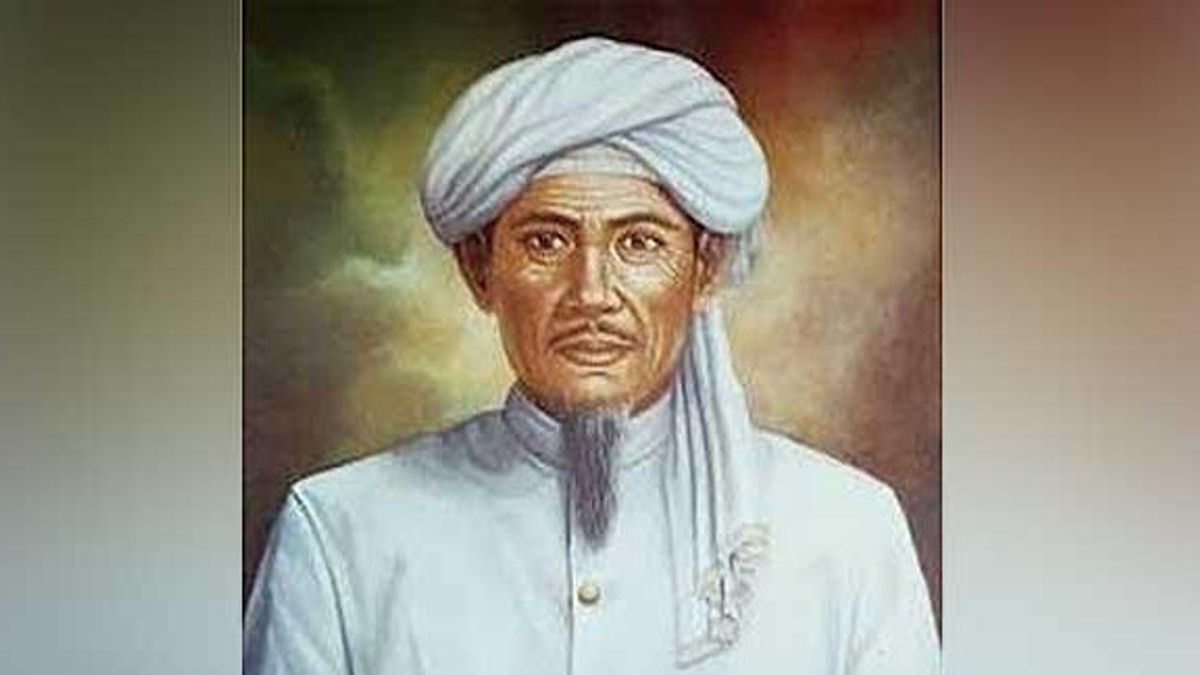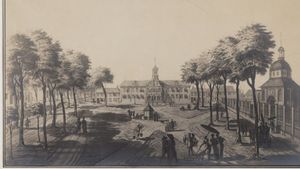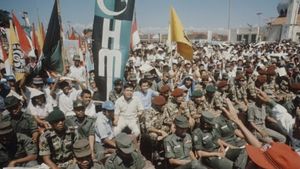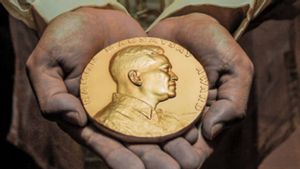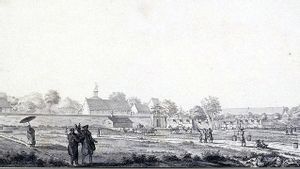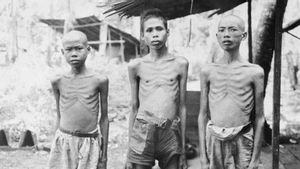JAKARTA Memories of today, 28 years ago, August 7, 1995, the New Order (Orba) government appointed Sheikh Yusuf Abul Mahasin Tajul Khalwati Al-Makasari Al-Bantani as Indonesia's National Hero. The appointment was due to Sheikh Yusuf's dedication and courage against the Dutch colonialists.
Previously, the Dutch trading airline. The VOC considers Sheikh Yusuf a dangerous figure. The Company did not want to be missed. The owner of the power to punish Sheikh Yusuf for exile to Sri Lanka, then to South Africa.
No one rejects the passion for learning Islamic knowledge in the Middle East. Ulama from Gowa, Sheikh Yusuf, let alone. The opportunity to perpetuate overseas visits in the 17th century was not wasted. Syekh Yusuf then studied Islam to Syria, Turkey, Yemen, and Saudi Arabia (Makkah to Medina).
He also realized that religious knowledge is not only a nutrient of the soul. Real knowledge can be a powerful tool of resistance. Resistance to colonialism and ignorance, especially. He also returned to the archipelago with many missions. Mainly, joining the fight against the invaders.
The desire to fight the invaders escalated when he learned that his homeland, Gowa was successfully torn apart by the Dutch. Sheikh Yusuf was not discouraged. he chose to immediately help his friend, the ruler of the Banten Sultanate, Sultan Ageng Tirtayasa against the Dutch.
Instead of just supporting, Sheikh Yusuf also brought along thousands of his Bugis fighters to help Sultan Ageng Tirtayasa. Even though he and Sultan Ageng Tirtayasa lost to the Dutch. The power owner then chose to isolate Sheikh Yusuf.
The Company is afraid that Sheikh Yusuf's great influence can create another turmoil in the archipelago. He was later exiled to Sri Lanka, then South Africa. On African soil he continued to fight colonialism. In fact, the name Kampung Makassar in South Africa is thanks to the popularity of Sheikh Yusuf. The struggle made Sheikh Yusuf a lot of inspiration for local fighters. Mainly, Nelson Mandela.
Sheikh Yusuf, who with 4,000 Bugis soldiers sided with Sultan Ageng and joined him, was also arrested by the Dutch. In September 1682 Sheikh Yusuf with his two wives, several children, 12 students, and a number of supporting women were exiled to Ceylon, now Sri Lanka. In Sri Lanka he wrote religious works in Arabic, Malay, and Bugis.
"Ia aktif menyusun sebuah jaringan Islam yang luas di kalangan haji yang berhenti di Sri Lanka, di kalangan para penguas dan raja-raja di Nusantara. Haji-h layji itu membawa karya-karya Syekh Yusuf ke Indonesia dan karena itu, bisa dibaca di negeri kita sampai sekarang. Mengingat aktivitas Syekh Yusuf tadi, VOC Belanda khawatir dampaknya di bidang agama dan politik di Nusantara. Keadaan bisa bermotor terus. VOC lalu mengambil keputusan memindah Sheikh Yusuf Kaapstad(Cape Town) di Afrika Selatan Selatan. ungkap Rosihan Anwar dalam buku Sejarah kecil Petite Histoire Indonesia Volume dua (2008).
It is possible that Sheikh Yusuf's presence only existed in 1626-1699. He died in South Africa on May 23, 1699. His departure brought deep sorrow. However, his services remain lasting for Indonesia and also South Africa.
As a form of appreciation, the New Order government then awarded the title of Indonesian National Hero to Sheikh Yusuf on August 7, 1995. The title was an affirmation that Sheikh Yusuf's courage was able to inspire national figures to expel the invaders.
"In 1995 the government of the Republic of Indonesia appointed Sheikh Yusuf al-Makassari who died in Zandvliet, South Africa on May 23, 1699 as a national hero. In October 2005 Sheikh Yusuf was also awarded the award of Oliver Thambo, which is an award as a National Hero of South Africa," Suryadi explained in his article in the WACANA Journal entitled A Letter from the Noble Gowa (2008).
VOIR éGALEMENT:
The English, Chinese, Japanese, Arabic, and French versions are automatically generated by the AI. So there may still be inaccuracies in translating, please always see Indonesian as our main language. (system supported by DigitalSiber.id)
